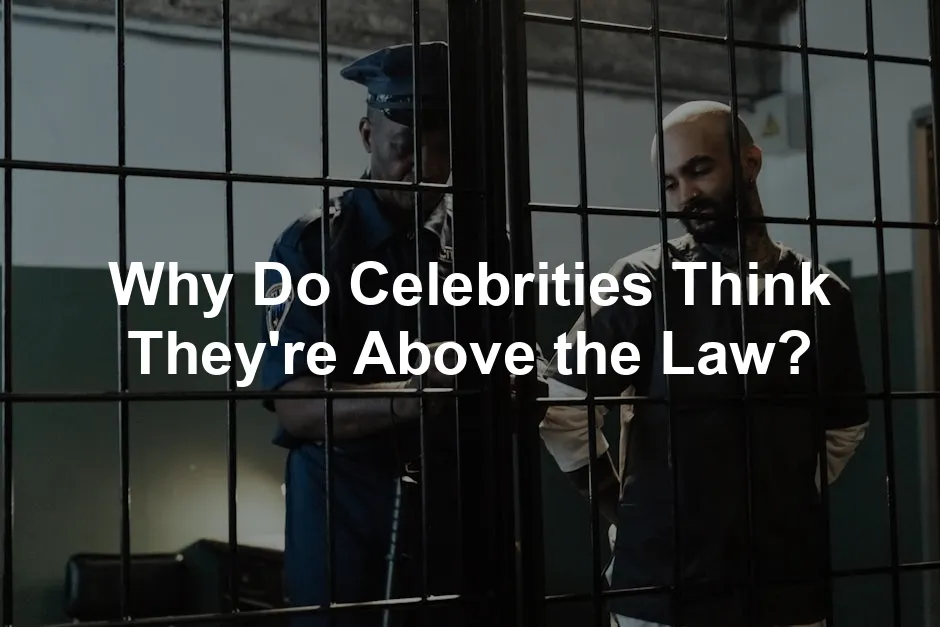
Why Do Celebrities Think They’re Above the Law?
Why Do Celebrities Think They’re Above the Law?
Celebrity privilege in the legal system raises eyebrows. Why do famous individuals often evade consequences for their actions? The contrast between their treatment and that of the average person highlights a troubling disparity. Psychological factors, such as entitlement and societal perceptions, contribute to this mindset.

The Psychological Perspective
The Psychology of Entitlement
Celebrities often feel a sense of entitlement. This belief stems from their fame and wealth. Many believe they deserve special treatment. Dr. Ronald E. Riggio highlights this phenomenon in his research. He notes that wealthy individuals often engage in outrageous behavior, thinking they can escape consequences.
This mindset can be linked to “exception-making”, a term coined by philosopher Terry Price. Celebrities may think the rules don’t apply to them. This mentality is dangerous. It allows celebrities to act without accountability. Moreover, their social status can create a disconnect from reality.
Research shows that power can “intoxicate” individuals, leading to erratic behavior. When surrounded by adoring fans and constant media attention, celebrities may forget their responsibilities. As they rise to fame, humility often takes a backseat. This disconnect fosters the belief that they are above the law.
If you want to delve deeper into the psychology behind entitlement, check out The Psychology of Entitlement by Dr. Ronald E. Riggio. This book provides a fascinating look at how fame and privilege can warp perception and behavior.
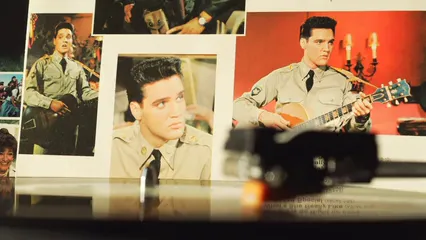
Influence of Fame and Power
Fame alters perceptions of reality. Celebrities often see themselves as distinct from ordinary people. This distortion can lead to reckless behavior and a lack of accountability. The power dynamics at play in society further complicate this issue.
When celebrities encounter legal trouble, their fame can influence outcomes. Courts may treat them differently due to their status. This can result in reduced sentences or leniency in legal proceedings. The visibility of their cases may also pressure the legal system. Celebrities are not just facing justice; they are at the center of public scrutiny.
As a result, this unique combination of fame and power creates a dangerous cocktail. It enables celebrities to act without fear of repercussions. Addressing this issue requires acknowledging these psychological factors. Only then can we begin to understand the broader implications of celebrity privilege in our justice system.
If you’re curious about how social dynamics shape behavior, consider reading The Social Animal by Elliot Aronson. It explores how social influences shape our thoughts and actions, providing a broader understanding of human behavior.

The Legal System and Celebrity Treatment
Disparities in Legal Consequences
The legal system often treats celebrities differently than ordinary citizens. This disparity raises eyebrows and questions about fairness. For instance, statistics reveal that celebrities frequently receive lighter sentences. In high-profile cases, outcomes can skew dramatically in their favor.
Research shows that celebrities often escape serious punishments. In many instances, they face minimal consequences for their actions. A notable example is Justin Bieber. He faced several legal issues but received lenient treatment. Despite multiple offenses, his punishment was surprisingly light.
Moreover, the case of Felicity Huffman showcases this trend. In the college admissions scandal, she faced charges that could lead to a lengthy sentence. However, due to her status, she received a much lighter punishment. This inconsistency in how justice is served raises critical concerns.
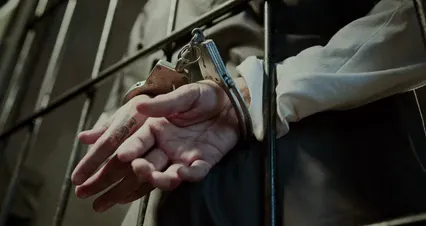
For the average citizen, the consequences can be severe. A regular person may face significant prison time for similar offenses. The difference in treatment highlights a troubling double standard. Celebrities often have access to better legal representation, which further skews outcomes.
This pattern of leniency not only affects the individuals involved but also sends a message to society. If celebrities can evade serious consequences, what does that imply for the rest of us? As we examine these disparities, it becomes clear that systemic reform in justice is crucial.
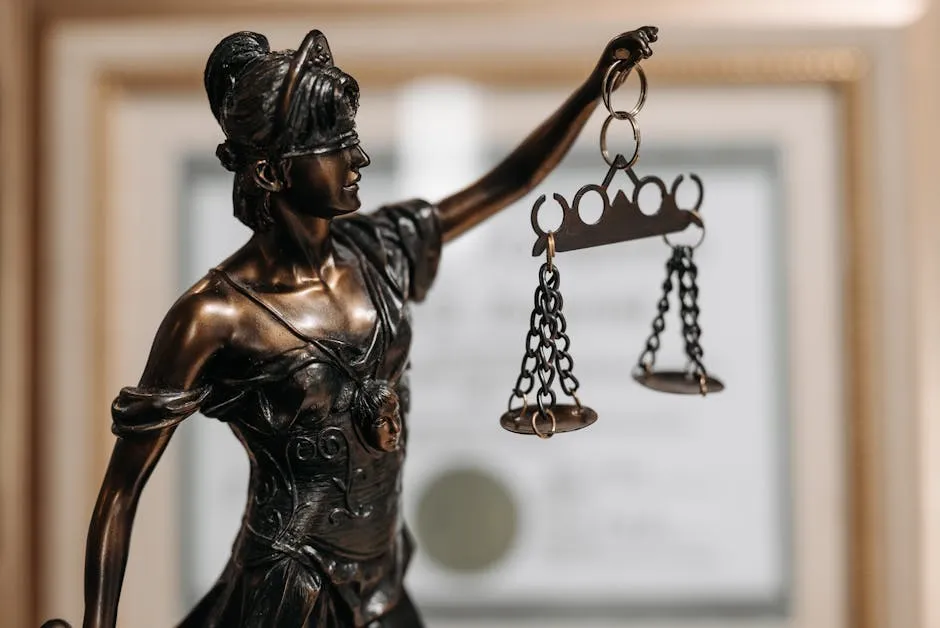
To better understand why habits shape our actions, consider The Power of Habit by Charles Duhigg. This book reveals the science behind habits and how they can be transformed, providing insights applicable to all areas of life.
The Role of High-Quality Legal Representation
Celebrities often have access to elite legal teams. These professionals specialize in navigating complex legal landscapes. This advantage can significantly influence case outcomes. With resources at their disposal, they can mount robust defenses. This privilege can lead to lighter sentences or even case dismissals.
Media attention amplifies this dynamic. High-profile cases attract intense scrutiny and public interest. This visibility can shape judicial proceedings in unexpected ways. Judges and juries may feel pressured to act in accordance with public sentiment. As a result, the stakes are different for celebrities compared to ordinary individuals.
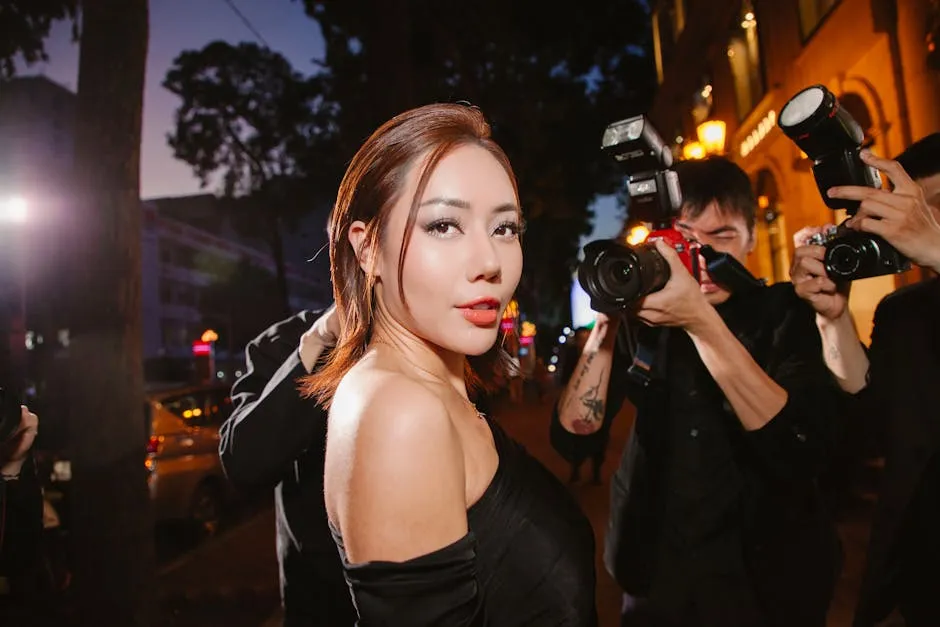
Moreover, the narrative crafted by media can sway public opinion. When the public rallies behind a celebrity, it can create a perception of leniency. This often leads to questions about fairness and equity in the legal system. In many cases, it seems that fame can tip the scales of justice.
If you’re interested in understanding the nuances of quick decision-making, explore Blink: The Power of Thinking Without Thinking by Malcolm Gladwell. This book dives into how our instincts can be remarkably insightful, despite the complexities of our conscious reasoning.
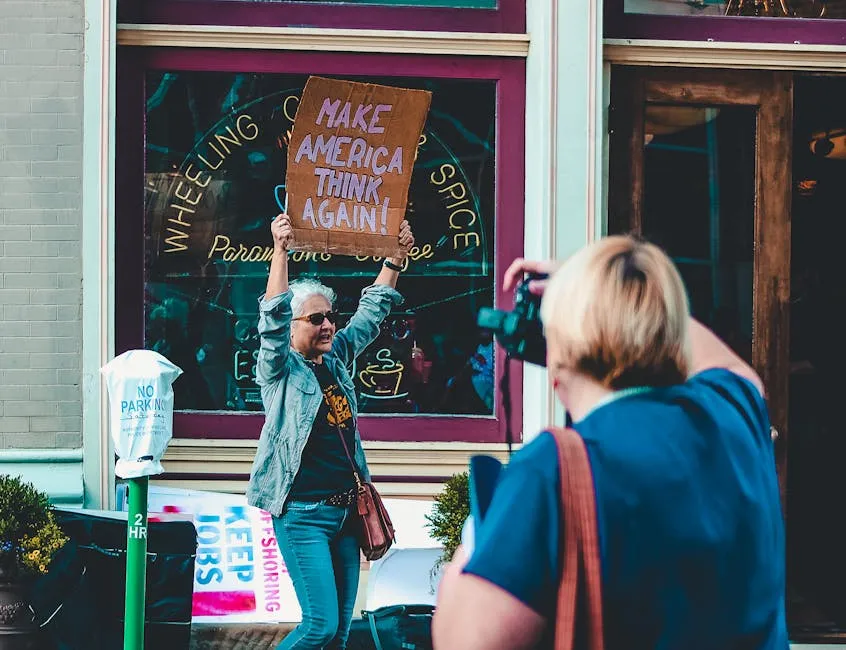
Case Studies of Celebrity Legal Issues
High-Profile Cases
The cases of O.J. Simpson, Justin Bieber, and Felicity Huffman illustrate the complexities of celebrity justice. O.J. Simpson’s trial remains one of the most famous. Charged with the murder of Nicole Brown Simpson and Ron Goldman, his defense team was exceptional. They raised reasonable doubt, resulting in an acquittal that shocked many. The case highlighted how celebrity status can influence juror perceptions.

Justin Bieber offers another example. In 2014, he faced multiple charges, including DUI and drag racing. Despite a history of legal troubles, his punishment was surprisingly light. This raises questions about the fairness of the legal system.
Felicity Huffman’s involvement in the college admissions scandal also raised eyebrows. Charged with conspiracy to commit mail fraud, she faced serious allegations. However, she ultimately received a mere 14-day sentence. This leniency sparked outrage and further discussion on celebrity privilege in the legal system.
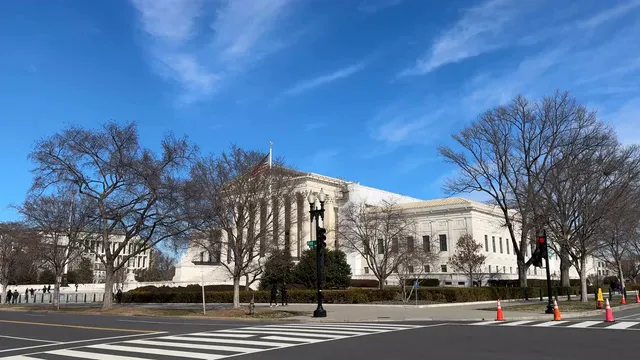
To understand the factors that contribute to success, you might want to read Outliers: The Story of Success by Malcolm Gladwell. This book reveals the hidden factors that contribute to high levels of success, providing a fresh perspective on achievement.
Public Reaction and Societal Implications
Public reaction to these cases reveals much about societal values. Many people perceive a double standard in how justice is served. This perception can lead to a sense of injustice among the general public. When celebrities evade serious consequences, it sends a troubling message. The belief that wealth and status can shield individuals from the law takes root.
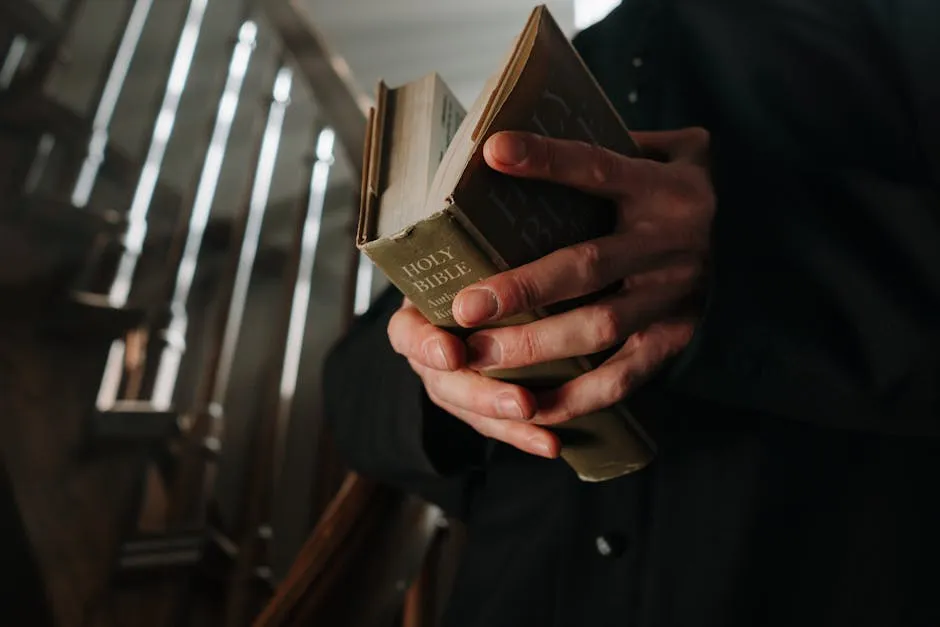
Moreover, this leniency can influence societal behavior. If the public sees celebrities facing minimal repercussions, they may feel emboldened. This can create a culture where laws seem selective. The implications for society are profound. A justice system perceived as biased undermines trust and accountability.
To foster a fair legal environment, it’s crucial to address these disparities. Ensuring that celebrities face the same legal consequences as everyone else is essential. In doing so, we can work towards a more equitable justice system.
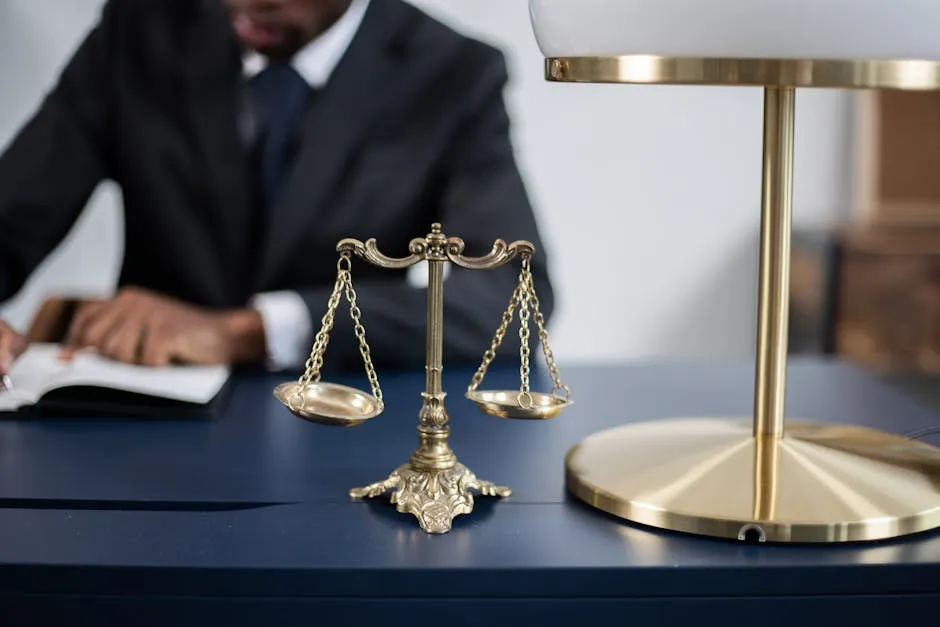
If you’re looking for a book that challenges the way you think about personal responsibility, consider The Subtle Art of Not Giving a F*ck by Mark Manson. This book offers a refreshing perspective on how to prioritize what truly matters in life.
The Importance of Accountability
Holding celebrities accountable is crucial for societal health. When stars evade consequences, it undermines the rule of law. This leniency can create a culture where laws seem optional for the wealthy and famous. The broader implications of this mindset are significant for society.

If these disparities continue, the public may lose faith in the justice system. Trust in legal processes is fundamental for a functioning society. By ensuring that celebrities face appropriate consequences, we reinforce the idea that no one is above the law. A commitment to accountability is essential for fostering a fair legal environment.
Moreover, accountability fosters a sense of equality. It reinforces that everyone, regardless of status, must answer for their actions. Upholding this principle is essential for a healthy society. We must advocate for equal treatment under the law, ensuring that celebrity privilege has no place in our justice system.
If you’re looking for a unique angle on personal growth, try The Four Agreements by Don Miguel Ruiz. This book offers a code of conduct based on ancient Toltec wisdom, promoting personal freedom and a fulfilling life.
FAQs
Why do celebrities often receive lighter sentences?
Celebrities often enjoy leniency due to several factors. Wealthy individuals can afford top-tier lawyers. These legal experts know how to navigate the system effectively. Additionally, the high-profile nature of celebrity cases attracts media attention. Judges and juries may feel pressure to consider public sentiment when deliberating. This can lead to reduced sentences or alternative punishments.
Are there any exceptions to the celebrity privilege phenomenon?
Yes, there are notable exceptions. Some celebrities have faced significant legal consequences. For instance, Bill Cosby and Harvey Weinstein received lengthy prison sentences for their crimes. These cases demonstrate that even fame cannot guarantee immunity. However, such instances remain rare compared to the overall trend of leniency.
How does public perception influence celebrity legal cases?
Public perception can greatly impact celebrity legal cases. Media coverage shapes narratives that influence opinions. A celebrity’s popularity can lead to either support or backlash. Judges and juries may feel compelled to align their decisions with public sentiment. This dynamic complicates the pursuit of impartial justice.
What can be done to promote accountability among celebrities?
Several measures can promote accountability. Advocating for consistent sentencing guidelines is crucial. This ensures that celebrities face similar consequences as regular citizens. Additionally, increasing public awareness through education helps highlight disparities. Support for legal reforms aimed at transparency can also drive change.
How does the media influence public perceptions of celebrity justice?
The media plays a powerful role in shaping perceptions of celebrity justice. Sensationalized reporting can create a narrative that downplays serious offenses. Conversely, negative coverage can amplify public outrage. Social media further complicates this by allowing instant reactions. This creates a feedback loop that can sway judicial outcomes and public opinion.
Please let us know what you think about our content by leaving a comment down below!
Thank you for reading till here 🙂
All images from Pexels




